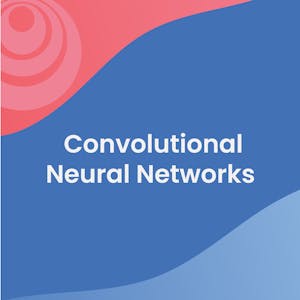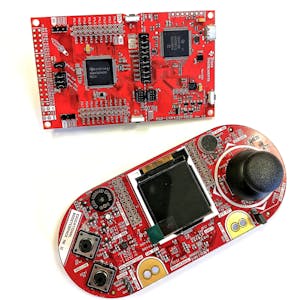Convolutional Neural Networks
About this Course
In the fourth course of the Deep Learning Specialization, you will understand how computer vision has evolved and become familiar with its exciting applications such as autonomous driving, face recognition, reading radiology images, and more. By the end, you will be able to build a convolutional neural network, including recent variations such as residual networks; apply convolutional networks to visual detection and recognition tasks; and use neural style transfer to generate art and apply these algorithms to a variety of image, video, and other 2D or 3D data. The Deep Learning Specialization is our foundational program that will help you understand the capabilities, challenges, and consequences of deep learning and prepare you to participate in the development of leading-edge AI technology. It provides a pathway for you to gain the knowledge and skills to apply machine learning to your work, level up your technical career, and take the definitive step in the world of AI.Created by: DeepLearning.AI

Related Online Courses
Humans often fail to make rational decisions that affect their health. This course seeks to heighten understanding of the social and behavioral factors that contribute to health decisions and... more
Welcome to the Introduction to Embedded Systems Software and Development Environments. This course is focused on giving you real world coding experience and hands on project work with ARM based... more
Adding web development to your skillset is an excellent career move if you are into coding and you seek career growth and advancement. In this online course, you will explore the web development... more
Successful wholesaling is not just a reserve of large businesses or those who have several years of experience in the trade but, for all who are determined to succeed in it. Anyone who masters the... more
This comprehensive course equips learners with the skills and knowledge to handle and respond to a wide range of cybersecurity incidents. From foundational concepts in information security to... more








